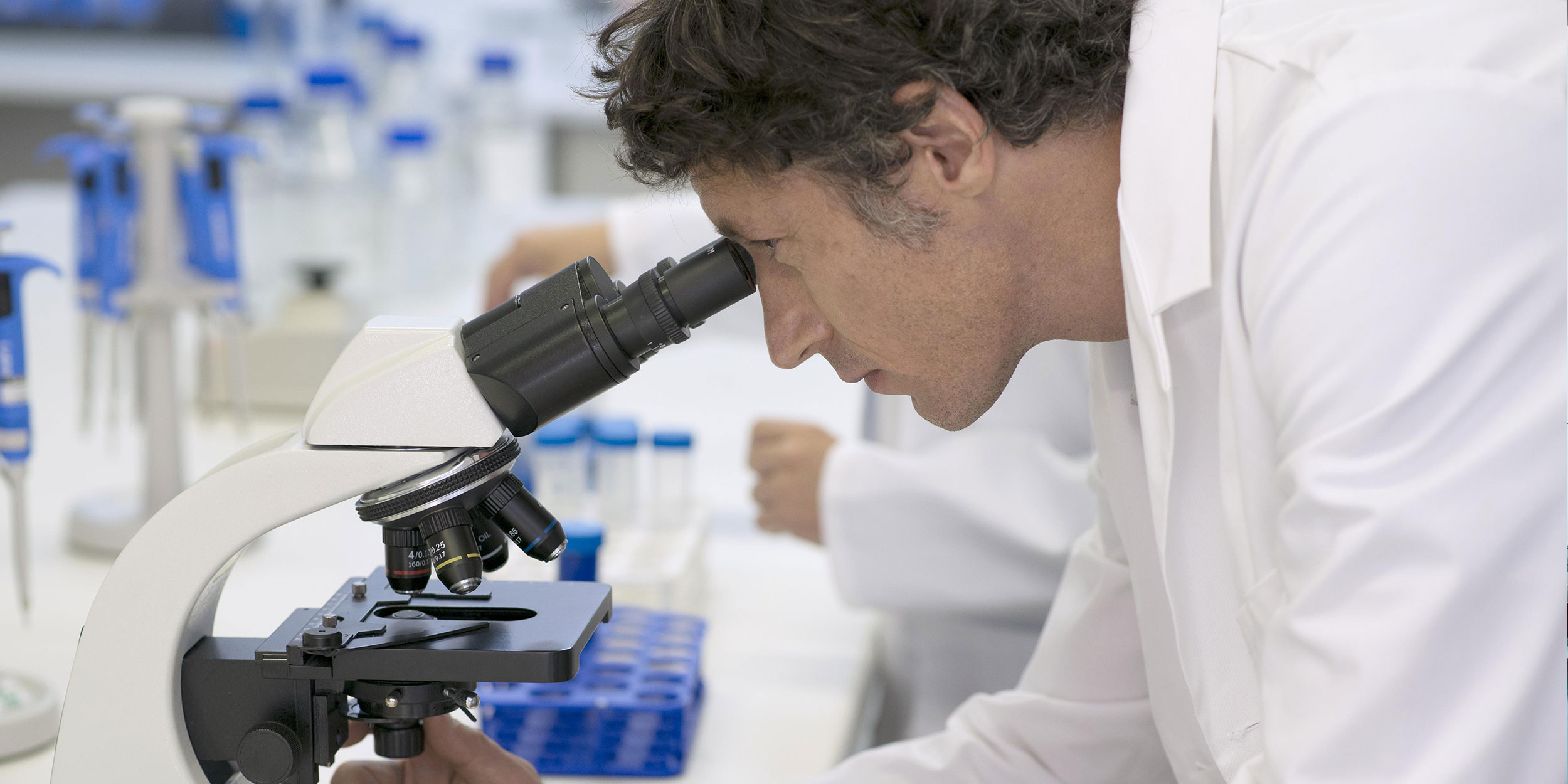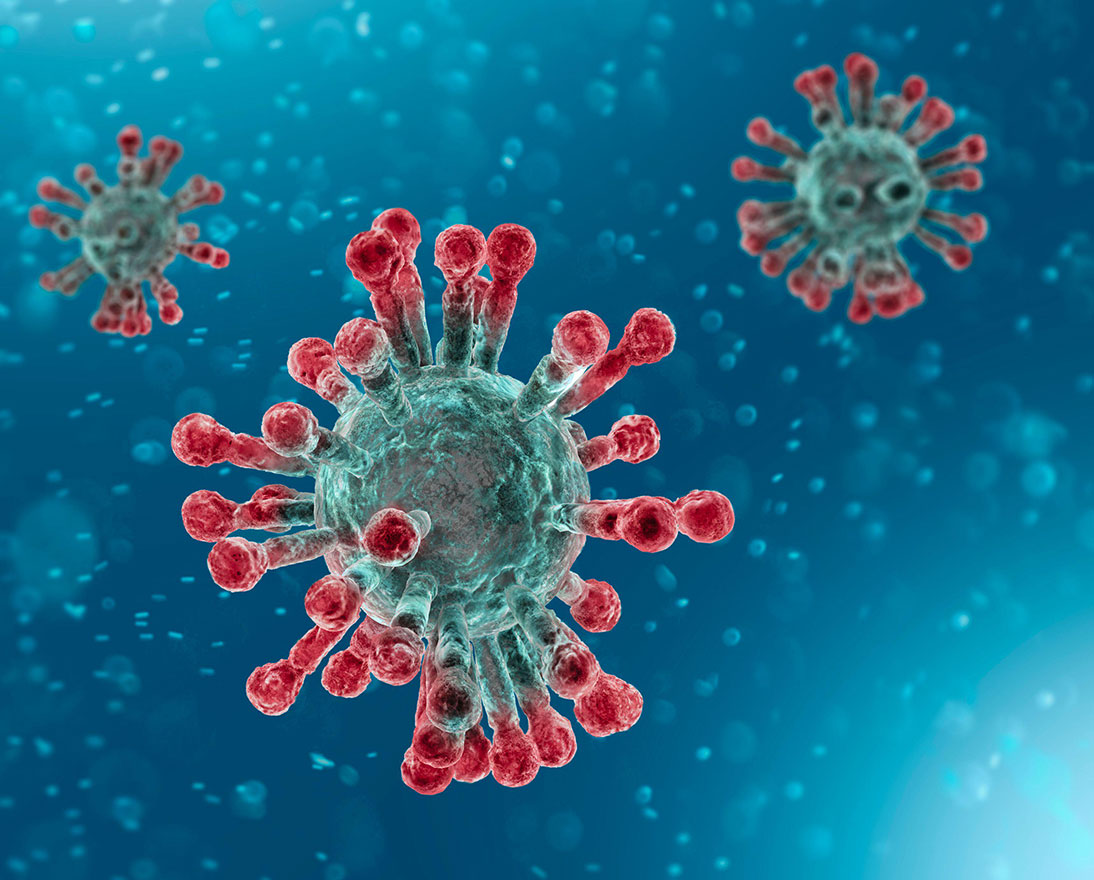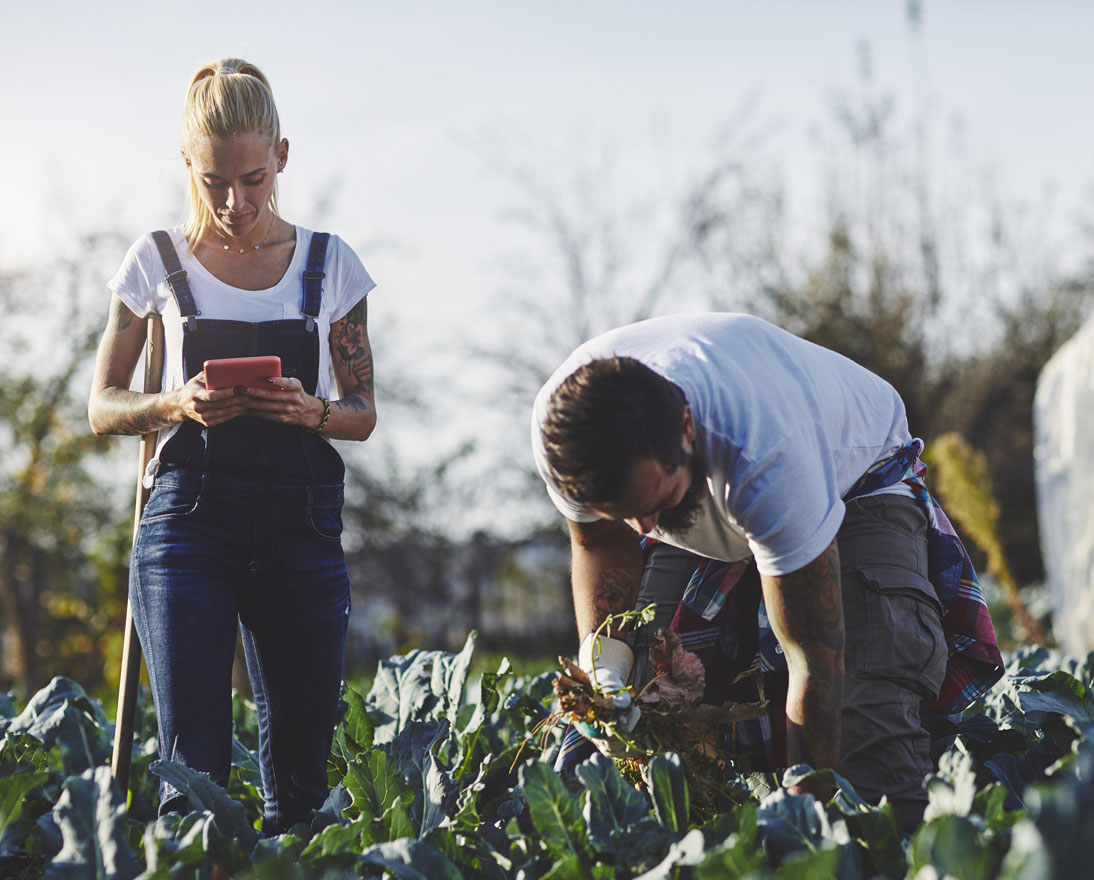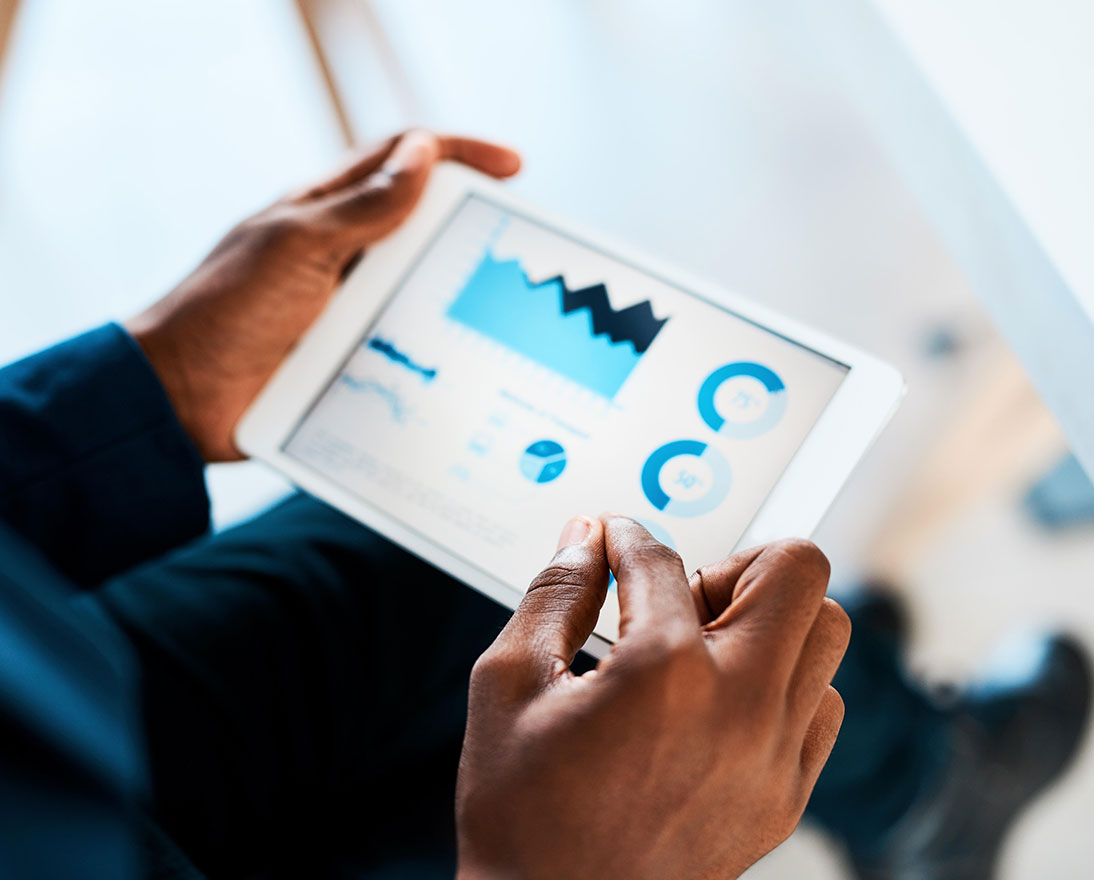COVID-19: The Interconnected Consequences
COVID-19ArticleJuly 30, 2020
We are facing an unprecedented global health threat, which is triggering economic consequences and revealing political vulnerabilities.
"Our world has changed. Our challenges are greater. Our fragilities have been exposed. Our systems need a reset. Everyone has a role to play"Tedros Ghebreyesus, Director-General, World Health Organization - WHO
On March 11 the World Health Organization (WHO) announced that COVID-19 was a pandemic - a disease that is spreading in multiple countries around the world at the same time. This is a rare event, one that we have not seen for 100 years, with significant public health, economic and political consequences.
As of July 29, laboratory-confirmed cases of COVID-19 have been reported in all regions of the world. More than 16.5m cases have been confirmed globally and more than 650,000 people are known to have died.1
Key asks of the private sector:
It is important to manage the balance between health and the economy. It is a false dichotomy to say it is either health or the economy, when it is clear we must balance the two.
We need a carefully managed exit strategy, which business seems to understand well, with risk management to help manage the trade-offs in risk. Lockdowns need to be replaced by something else, if they are eased whilst the virus is still present. A risk management architecture needs to be in place including
- An effective public health infrastructure
- Contact tracers and tools
- A health system that is prepared to absorb future peaks
- Communities adapting behaviors
- State-based enforcement
- Solid public healthcare
- Early warning systems
There has been lots of product innovation and development work on vaccines and therapeutic drugs. Everyone has been working hard across all sectors, but in decades we have never built a successful coronavirus vaccine. Once, and if, we do create a vaccine that works, then we will need to quickly build capacity to deliver 7 billion doses equitably and globally.
We are also learning about what a dangerous disease this is. It is not a massive version of the flu. There are cardio-vascular impacts, for example, that need additional treatments. Vaccines are still some time away, so we need to keep working on therapeutic drug trials.
Some existing drugs have anti-viral activity and are being tested for treatment of Covid-19, but their efficacy varies with the stage of development of the disease. The hope is that over time we will find the right combination of drugs, that if a patient is treated early on, then they will experience a milder form of the disease. But we are not there yet.
Economic consequences
Over the past few months, the economic impact of the coronavirus on manufacturing, supply chains and service businesses such as tourism and travel has been significant. We have seen a collapse in financial markets, followed by a slow recovery, but with the biggest one-day drop in the S&P 500 since “Black Monday,” Oct. 19, 1987. There have been significant increases in volatility, ending the long bull-market run that began after the 2008 financial crisis. Market volatility was compounded in March by an oil price war triggered by a collapse in talks between OPEC and partners.2
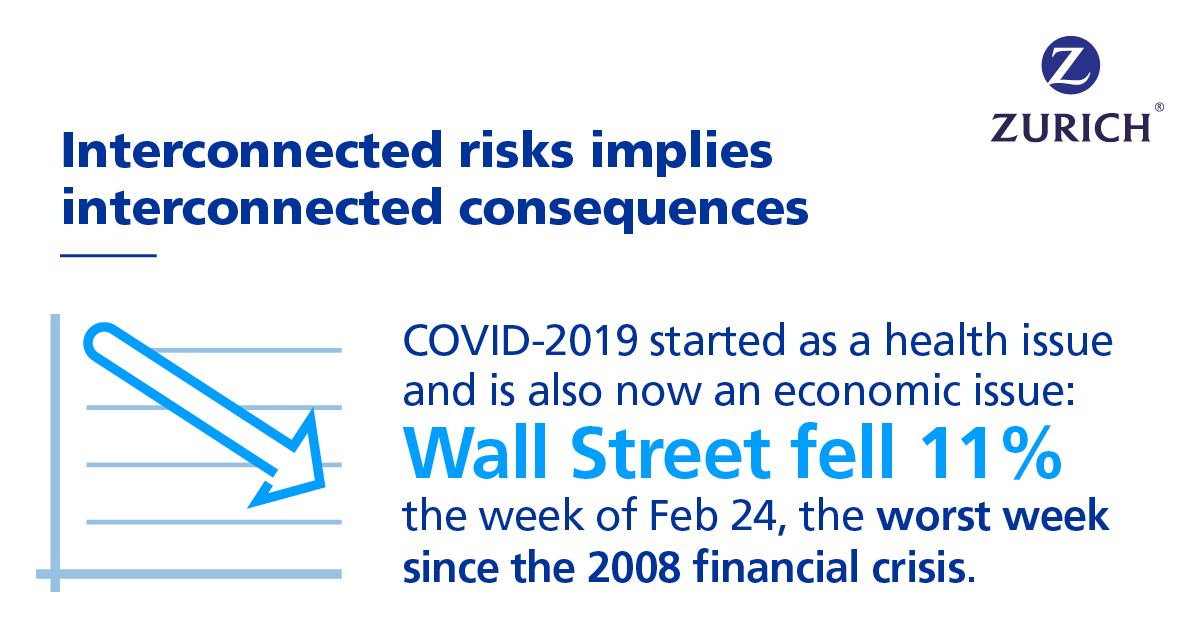
Policymakers around the world responded by taking actions to ease monetary policy and create fiscal stimulus packages. In the EU, monetary and fiscal support totalled more than Euro 3 Trn, with a similar level of policy action in the U.S. The focus of these policies has been to create as much liquidity as possible, with the EU relaxing State Aid rules, providing cohesion funds, raising debt levels and central banks supporting SMEs. In addition, fiscal policies have been directed at a post-Covid-19 recovery phase, for example plans built into a new EU budget for the next seven years, to front-load and leverage money to recover markets.
Recent IMF reports3 show that the global economic impacts have intensified since the Covid-19 crisis started. Global growth is projected at –4.9 percent in 2020, 1.9 percentage points below the IMF forecast in April 2020. In 2021, global growth is projected at 5.4 percent. Overall, this would leave 2021 GDP some 6½ percentage points lower than in the pre-COVID-19 projections of January 2020.
The adverse impact on low-income households, especially in developing economies is particularly acute, affecting the significant progress made in reducing extreme poverty in the world since the 1990s. 170 countries will have smaller economies, there will be more debt, deficit and unemployment, more inequality and poverty.
Geopolitics
Just because COVID-19 has been labeled a pandemic doesn’t mean that we give up. Quite the reverse, we must re-double our efforts to contain the outbreaks, as containment will work in many places, whilst researchers try to develop an effective vaccine and regime of therapeutic drugs. At the same time, despite the excellent work of national governments and institutions such as the World Bank and IMF, we must recognize imbalances in the world and support countries that are less able in their health care systems and with their general resources to manage and respond to the pandemic.
The political response to the crisis has been mixed, but there does seem to be a link between the political response to the crisis and the spread of the disease.4 The complex policy challenges that Covid-19 has created for political leaders, has brought their leadership into sharp focus. Populist and nationalist politicians in some countries have failed to support basic containment strategies, for example branding the wearing of face masks as cultural symbols of elitism, cowardice, or by attacking vulnerable minorities.5 Liberal democratic leaders are not immune from these challenges either. Comments from German Chancellor Angela Merkel in March, warning that up to 70% of the German population – some 58 million people - could contract the coronavirus6, caused public concern. The information shared by Merkel was consistent with the views of epidemiologists, but trying to galvanize actions to deal with the threat has been a difficult balancing act for leaders to avoid complacency, but also to avoid panic. More than anything, it has been a time for calm, rational leadership, based on the science.
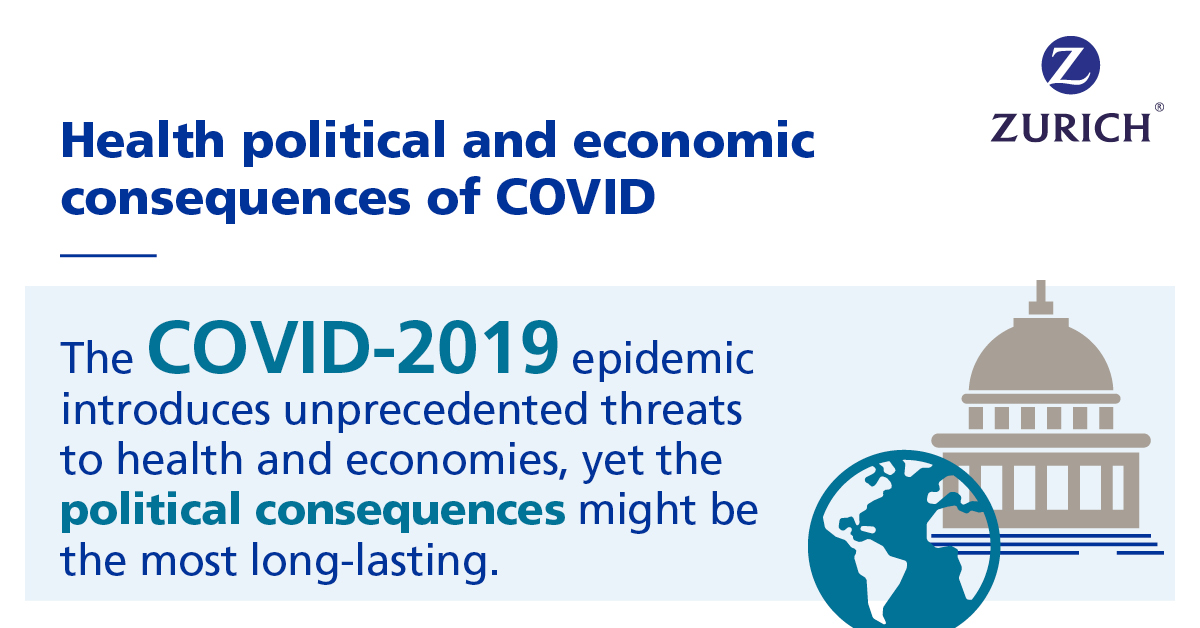
There have been increasing calls from the private sector for governments or agencies such as the WHO, to set up a “clearinghouse” to overcome the “arbitrary” regulatory barriers put in place by governments (mainly in Europe) that were preventing PPE products from being shipped7. Early on in the crisis, PPE products were available, but were not flowing to where they were needed because some of the products that were approved in some countries were not approved in others. While national and local government officials are stretched, fearful and accountable to their citizens, they also need to ensure equitable sharing of resources.
In the future our attitude to health should change from being seen as a cost that is traded off against economic growth, to an intrinsic part of building a healthy, resilient society. In many ways it is like climate change and we should approach our future health in the same way. When we come back from this crisis, we should come back, clean, green and a society willing to create sustainable growth with people and communities at the centre of what we do.
"We are all in this together, as this pandemic will affect our families, in every country. We will leave no-one behind"Jeremy Farrar, Director, Wellcome Trust
From John Scott, Head of Sustainability Risk, Zurich Insurance Group
1 World Health Organization: Coronavirus disease 2019 (COVID-19) Situation Report – 191. Data as received by WHO from national authorities by 10AM CET, 29 July 2020
2 FT Article March 13th 2020 by Robin Wigglesworth “The week the World Changed: How a Markets Wobble Turned to Mayhem“
3 World Economic Outlook Update, June 2020: A Crisis Like No Other, An Uncertain Recovery
June 24, 2020 https://www.imf.org/en/Publications/WEO/Issues/2020/06/24/WEOUpdateJune2020
4 FT Article July 29th 2020 “Coronavirus tracked: the latest figures as countries reopen”
5 FT Article July 19th by Jan-Werner Müller “The pandemic will strengthen smart populists”
6 BBC News 11th March “Coronavirus: Up to 70% of Germany could become infected – Merkel” https://www.bbc.co.uk/news/world-us-canada-51835856
7 FT Article March 13th 2020 by Ben Hall, Miles Johnson & Martin Arnold “Italy Wonders Where Europe’s Solidarity is as Coronavirus Strains Show”
